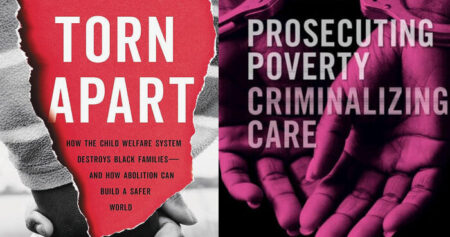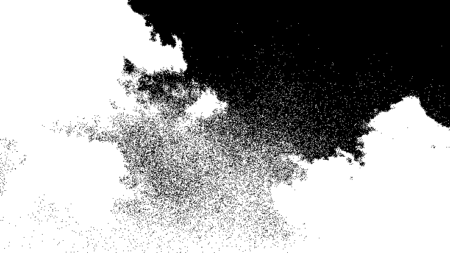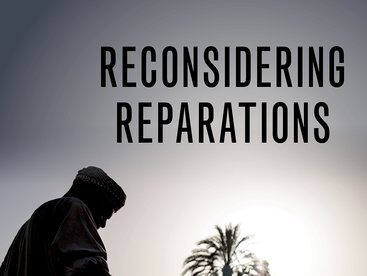
The Latest US Export to Brazil? Legalized Labor Exploitation
Multinational platform companies, including Uber, iFood, Rappi, and 99, are currently pushing to export the United States’ most exploitative new labor laws to Brazil. Lawmakers should reject these attempts. As empirical evidence from the U.S. context shows, adopting a new “intermediate” worker category would be disastrous for low-income workers, and as Courts around the world have found, platform companies exert high levels of control over their workers and thus should be subject to standard labor and employment regulations.






